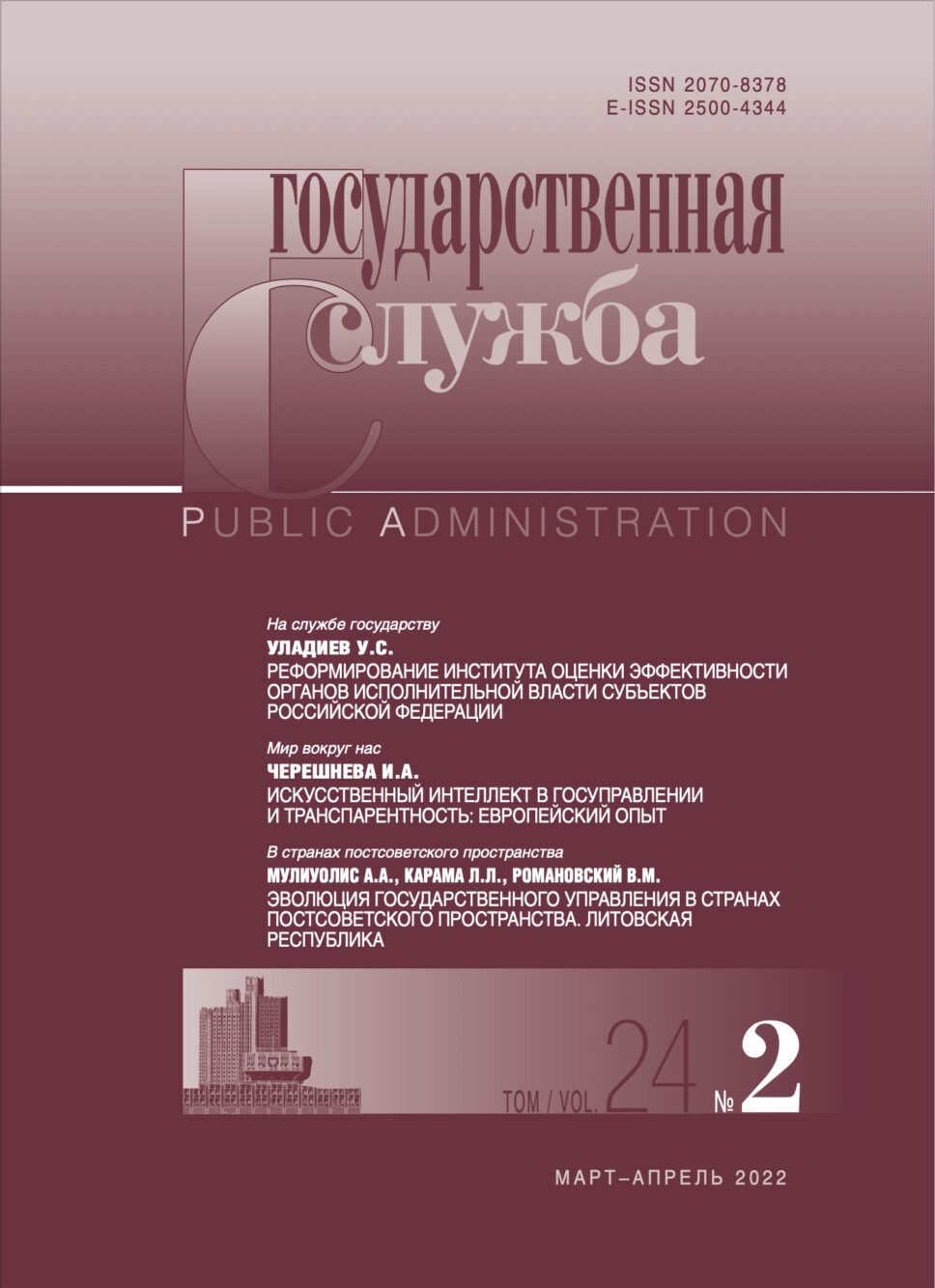Recommended link to article:
ANDRES ALEJANDRO VILLA GUTIERREZа
аRussian Presidential Academy of National Economy and Public Administration
DOI: 10.22394/2070-8378-2022-24-2-93-99
Abstract:
In March 2020, a new coronavirus pandemic have spread around the world, forcing nations to close their borders and paralyzing the global economy. According to health experts, the mortality rate is 2 %, but governments and international organizations have initiated quarantine measures and social distancing to prevent health systems from collapsing due to numerous cases. Against this background, the events in Colombia have attracted much attention. Although the national and local governments have taken all necessary measures to prevent the disease, the scandals surrounding these decrees and ordinances are of great interest. The distribution of resources and expenditures in other non-priority sectors is also questionable. According to statistics from Johns Hopkins University, the country was in the top 10 for the number of people infected and the number of deaths caused by COVID-19 in the world. The situation with a possible third wave of COVID-19 in Latin America is not promising. Governments in almost all countries in the region are taking insufficient steps to prevent the spread of the virus, the health care system is failing to function properly, and the vaccination rate as well as other shortcomings have angered many community members. This applies to Colombia under President Ivan Duque, who, although a member of the ruling party, raises serious doubts regarding his governing capacity. The authors believe that the blame for the current situation lies not only on the head of state but also on local authorities and the population itself, which practically does not comply with the medical and sanitary restrictions on movements and gatherings of people.
Keywords:
Colombia, Ivan Duque, vaccine, pandemic, COVID-19, virus, health
Received:
October 1, 2021
References:
Khmelinin A.A. Neoliberalism as a factor of modern political transformations. Dissertation of candidate of political sciences. Yekaterinburg, 2016. In Russian
Rusakova O.F., Khmelinin A.A. Neoliberal discourse: strategies and technologies for constructing a new subjectivity. Nauchnyy yezhegodnik Instituta filosofii i prava Ural’skogo otdeleniya RAN. 2012. Issue 12. P. 259–271. In Russian
Articles in Open Access mode are published under the Creative Commons Attribution 4.0 International (CC BY) license.

